What should the labor movement do after the recent Supreme Court decisions on the Voting Rights and Defense of Marriage Acts? There has been talk of course of an alliance between civil rights and marriage equality activists. They should certainly come together to fight voter suppression: changes to voting laws are already being considered in Texas, Mississippi, North Carolina, and Florida, which also ban gay marriage.
These states also have laws that greatly restrict organizing.
Trade union involvement in crusades to extend marriage rights and to stop voting restrictions is vital, and the Pride at Work effort has built some of the necessary infrastructure for such a campaign. Organized labor has much to gain from such a partnership. LGBTQ stalwarts have transformed opinion on marriage rights in less than a decade. Plus, 2012 efforts to suppress voting enraged citizens across the country, including college students who turned out in greater numbers than in 2008. That is just the sort of legitimacy and enthusiasm that unions need at the grassroots.

Union leaders also have much to offer drives to secure marriage parity and safeguard enfranchisement. The labor movement, after all, played an outsized role in advancing racial and gender equality in American workplaces. These efforts often spilled over into electoral politics. SEIU’s 1990s Justice for Janitors campaign, for example, urged organizing custodians to pursue citizenship but also vote, which tilted California politics away from the Golden State’s Republican Party. Unionists also routinely venture outside their home states during elections. These volunteers made a difference in the 2012 presidential contest’s battleground states. Many pundits have even gone so far as to credit labor’s political involvement for many Democratic victories after the 2010 Supreme Court Citizens United ruling lifted restrictions on corporate campaign donations.
Unionists have also proven themselves adept at navigating the great farce of American politics, voter referenda. Propositions may have once been paragons of direct democracy but money now decides these contests. Daniel Martinez Hosang and others have shown that this cash usually comes from out of state, just like the initial effort to get issues like gay marriage on bellwether state ballots. Labor has still defeated even the most well-funded campaigns, like Arnold Schwarzenegger’s 2005 package of initiatives that specifically targeted public employee unionists. The governor assumed his wish list would pass in a “year of reform” but labor mobilized a sizable majority to protect employee rights in California.
Labor leaders have also learned to use ballots to advance economic justice. The 1990s saw a wave of direct democracy living-wage ordinances passed over the objection of city councils. Most reforms impacted workers whose employers had municipal contracts. But unionists convinced an overwhelming majority of San Jose residents to pass a $10-minimum wage in November 2012. This victory was no small feat. Rules make issues difficult to place before voters and campaign costs often make initiatives prohibitively expensive.
But that is just the kind of ingenuity that can make a difference after the recent spate of Supreme Court rulings. The struggle for equality is sure to be determined outside the federal realm. Justices have ceded much power to states and cities, where organized labor has long been its most effective.


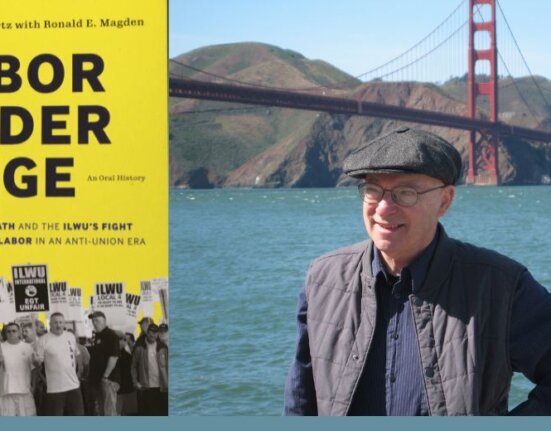
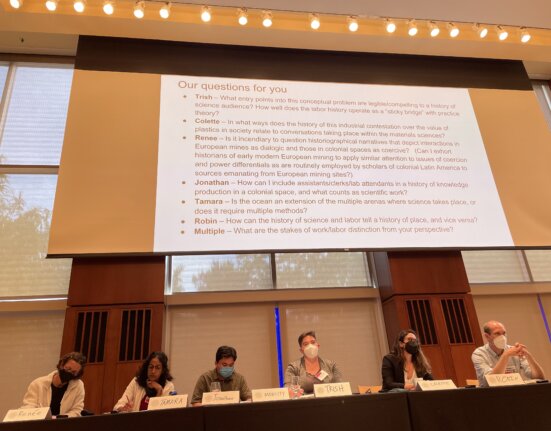
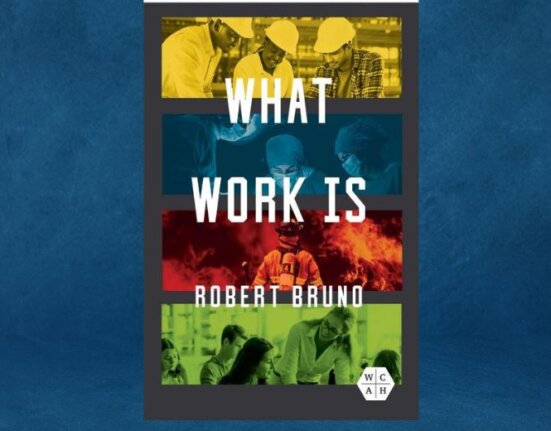
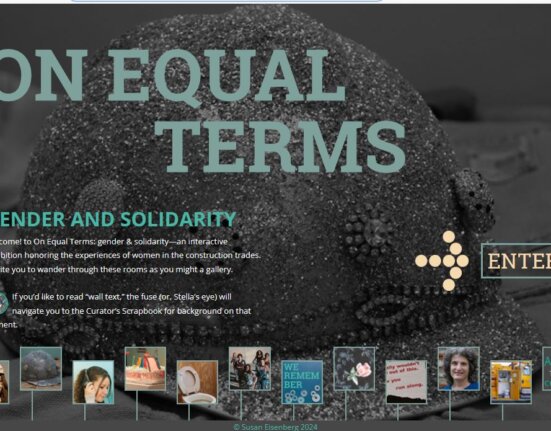
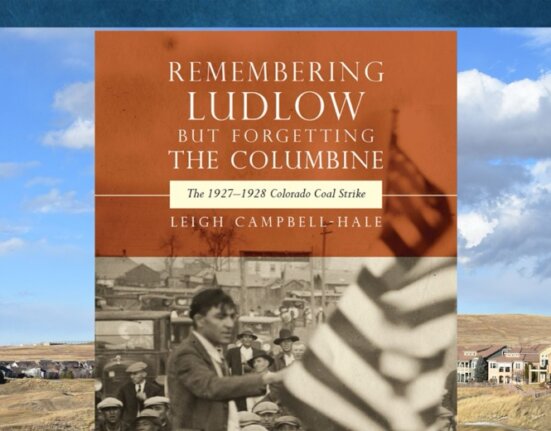
1 Comment
Comments are closed.